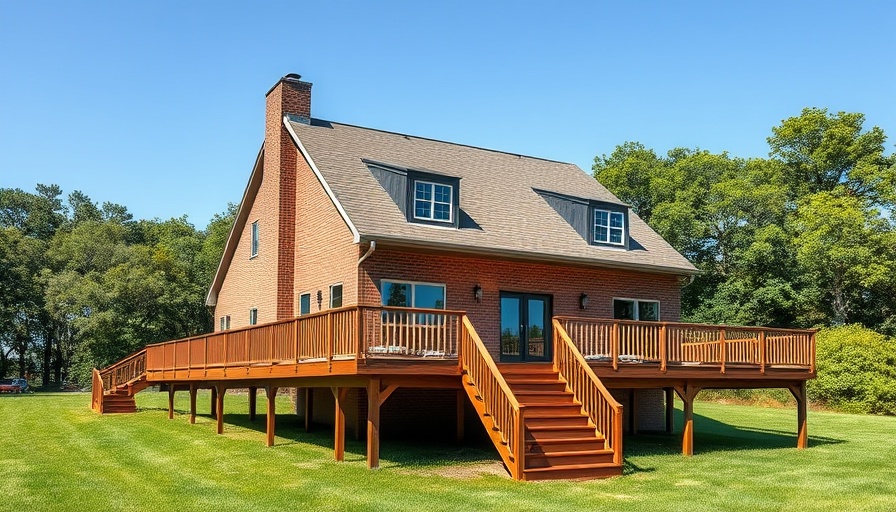
Spray Foam vs. Fiberglass: Which Insulation Reigns Supreme?
When insulating your Brooklyn basement, the choice often comes down to two heavyweights: spray foam insulation and fiberglass insulation. Each has its unique features, benefits, and potential drawbacks, making the decision a pivotal one for homeowners in this vibrant borough.
Understanding Spray Foam Insulation
Spray foam insulation stands out for its innovative application. Composed of a mixture of isocyanate and polyol resin, it expands upon application, filling all gaps and cracks to create a seamless layer. This characteristic makes it particularly effective in Brooklyn basements, notorious for moisture and air leaks. It offers a high R-value per inch, meaning its thermal resistance is top-notch, which can lead to lower energy bills for homeowners. Additionally, it serves as a moisture barrier, lessening the likelihood of mold growth, making it an appealing long-term investment.
Exploring Fiberglass Insulation
On the other side, we have fiberglass insulation, a classic choice that has been trusted for decades. Available in batts or loose-fill forms, fiberglass consists of tiny glass fibers that trap air and serve as a barrier against heat loss. The affordability of fiberglass insulation is one of its greatest appeals. Installation typically costs less than spray foam, thus attracting budget-conscious homeowners.
Why Is Insulation So Important?
Insulation is the unsung hero of home comfort. Proper insulation not only contributes to thermal efficiency but also significantly impacts the overall health of your living environment. Issues like moisture and mold can wreak havoc on your basement’s integrity over time. For Brooklyn homeowners, the choice of insulation could mean the difference between a cozy, dry space and a damp, uncomfortable one.
Long-Term Cost Considerations
When comparing the two products, initial costs can be misleading. Spray foam insulation may have a higher upfront price, but it is crucial to factor in the potential for significant savings on energy bills over time. On the contrary, while fiberglass can be less expensive to install, its efficiency might not measure up to spray foam’s, especially in areas prone to drafts and moisture.
Practical Insights Tailored for Brooklyn Homeowners
Homeowners in Brooklyn need to consider local conditions such as humidity levels and available space when making their insulation choice. A unique local testimony highlights a family that installed spray foam insulation in their basement; they reported not only lower energy costs but also a substantial reduction in the musty odor that was once prevalent.
Actionable Tips for Moving Forward
Before making your decision, consider getting professional assessments. A knowledgeable contractor can help evaluate your basement’s specific needs, ensuring you choose the best insulation that provides both comfort and efficacy. Additionally, explore potential energy efficiency rebates available for homeowners in New York, which could offset installation costs.
Conclusion: The Decision is Yours
Ultimately, your choice between spray foam and fiberglass insulation revolves around your specific needs, budget, and future plans for your basement space. By understanding the benefits and drawbacks of both insulation types, Brooklyn homeowners can confidently make a choice that will enhance the comfort and efficiency of their homes for years to come.
Considering a new renovation or energy upgrade? Reach out to local contractors and specialists to explore options that fit your vision for a perfect basement space. The right insulation can make all the difference!
 Add Row
Add Row  Add
Add 




 Add Row
Add Row  Add
Add 

Write A Comment